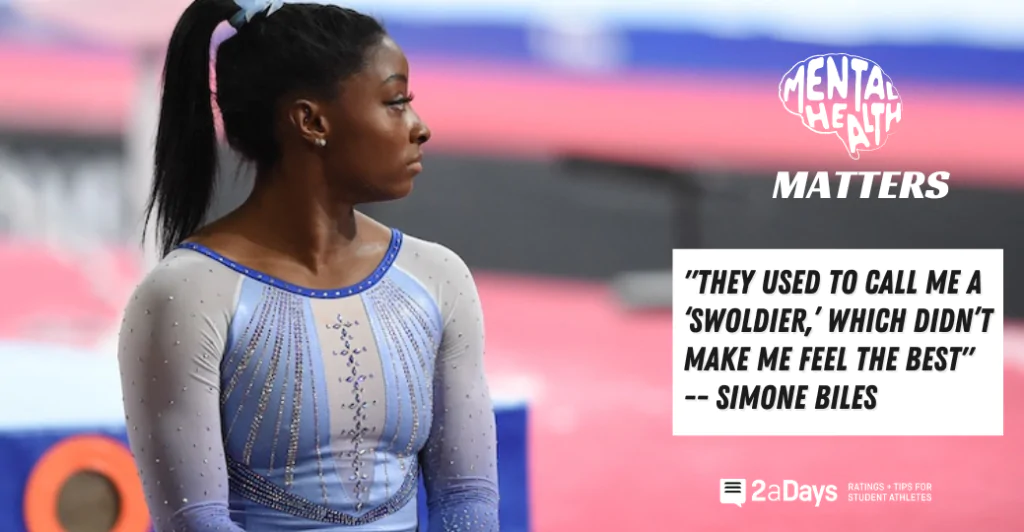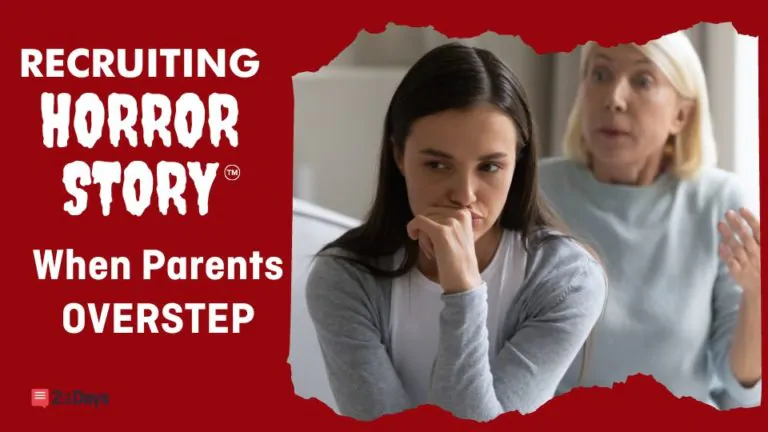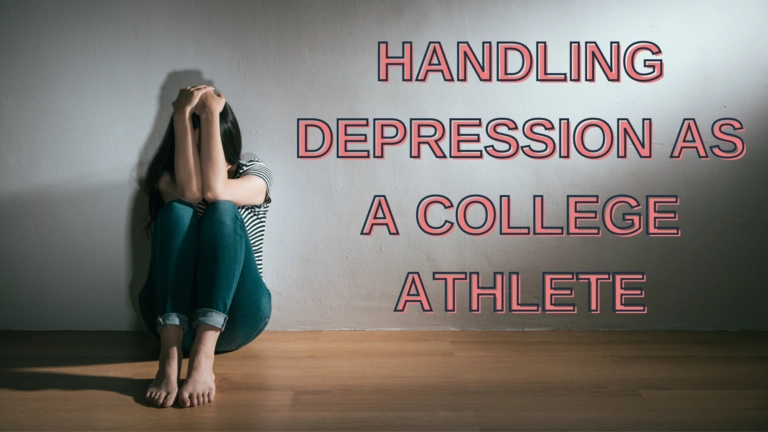Simone Biles is not just the best female gymnast in the world, but also the best female athlete in Olympics history. Her records are remarkable, including 25 medals and 7 Olympic golds. At age 26, Biles made the Forbes 30 under 30 list. In 2022, she was the 8th highest paid female athlete in the world.
Yet, in the big picture, little of that matters–to understand her story and her struggles, we have to take it back to the very beginning.
Early childhood and bullies
In her early childhood, Biles' birth mother was unable to care for her and her siblings. Often in and out of jail and reliant on drugs and alcohol, Biles was sent into foster care until her grandparents took her in.
These experiences greatly impacted her early years, as she had no one to go to. Then, in high school, as she began to develop more of a passion for gymnastics, she was body shamed by her peers for her shoulders.
“People would say mean things to me all the time,” Biles said. “They used to call me a ‘swoldier,' which didn't make me feel the best. I wore sweaters or jackets all year to cover my arms.”
Body shaming was just the beginning though.
Related: “Not Good Enough”: The Impact of Body Shaming on Athlete Mental Health
Abuse
On January 15, 2018, Biles, then 21, came forward on Twitter saying she was one of the many athletes who were sexually abused by Larry Nassar, the former team doctor of the United States women's national gymnastics team. In the aftermath of speaking out, Biles struggled immensely as constant anxieties followed her. But she also found solutions as she began taking medications and going to therapy on a regular basis.
Even so, Biles began to question whether something was wrong with her.
Related: Three Key Warning Signs of Emotionally Abusive Coaching, According to Experts
Covid-19 lockdown and eventual Olympic withdrawal
In 2020, when the world was put on pause due to the Covid-19 pandemic, so was Biles' gymnastics career. She struggled with depression and balancing emotions, and questioned whether she wanted to compete.
She ultimately continued, citing how much work she had put in–however, her anxieties and depression lingered.
On July 25th, 2021, during the qualifying round at the 2020 Tokyo Olympics something felt off in her competition. Two days later, Biles made an announcement that shocked the world when she withdrew from Olympic competition,in order to prioritize her mental health.
Biles suffered from what gymnasts called the “twisties,” the disconnect between an athlete's body and mind.
Biles felt like the whole word was on her shoulders, and felt like she was not in the right place to compete. Even as a leader for the US gymnastics team, Biles couldn't continue. But help came in many forms.
Mental health initiative and advocacy
Traveling constantly for her Gold Over America Tour, a tour which celebrated female athletes in gymnastics, Biles prioritized her mental health, through the tele-health therapy app Cerebral, which greatly benefited her.
Biles eventually partnered with this app and until recently, even served as a chief impact officer.
She also partnered with Athleta, a sports clothing line company. There, Biles' clothing line was designed for girls aged 6 to 12 and featured some of Bile's favorite mantras
The more active Biles became with advocacy the more she spoke.
Related: A Star Was Born, But Not All Was Well: Naomi Osaka Mental Health Profile
Simone Biles' Advice
Simone Biles is human, and no amount of accolades or wealth can prevent her or anyone from mental health struggles–and she will be the first to make sure you know that.
“I learned that it's okay not to be okay,” Biles said. If you don't do what is right for you, then you're not going to enjoy your sport, and you're not going to succeed as much as you want to in whatever arena you're competing in.”
Biles sees mental health as invisible since it is something hard to understand..so what's the best way to make change?
Biles believes having these conversations and speaking about your mental health is so incredibly important. “I hope young women take away that it's OK to not be OK,” she said.
Simone Biles is the record holder with the most World Artistic Gymnastic Championships at 25 and has 7 gold medals to her name.
But Biles also wants people to know that for her, nothing is more important than being in the right mental space.
Mental health triumphs all else. Just look at all the athletes we've covered so far–they are heroes.
It is okay to not be okay and taking care of your mental health is a sign of strength, not weakness. Remember that.
Have an idea for a story or a question you need answered? Want to set up an interview with us? Email us at [email protected].
* Originally published on May 23, 2023, by Nicholas Nathanson







